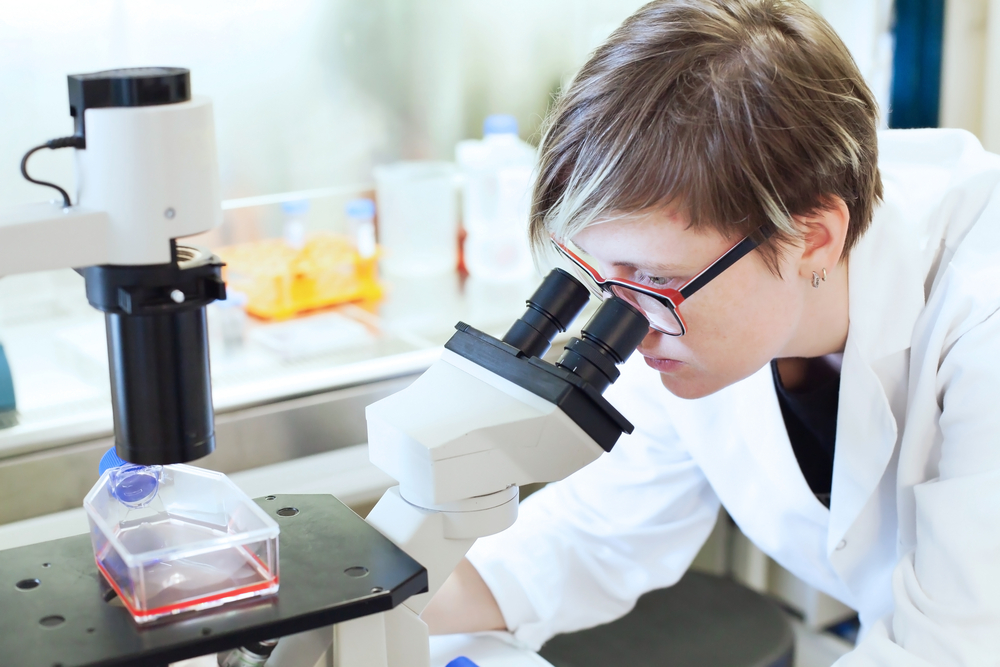
A team of researchers at Indiana and Purdue Universities have been conducting experiments using alcoholic rats for the last 30 years, trying to find a cure for addiction. The results of the study were published August 4 in PLOS Genetics, and what they found is that there is no easy cure for the affliction that seems to be plaguing our society. Recovery and treatment specialists have known for years that there’s no one-size-fits-all pill to combating addiction. But that hasn’t stopped scientists, doctors, medical professionals and researchers from searching for the elusive cure for our drug-addled nation.
Researchers involved in the study bred four groups of rats with various results. One group of rats was so addicted to alcohol that they would rather drink alcohol than water, slowly killing themselves like a physically addicted alcoholic who needs to drink to function. The other three groups were bred to be more moderate drinkers, with one group even rejecting alcohol regularly. According to the researchers, biological factors such as heredity and genes only determine alcoholic predisposition 30% of the time. Environmental aspects contribute to about 70% of the outcomes. In completing this study, researchers are not only hoping to find a cure, but they want to create a risk index for alcoholism.
The treatment and medical community has been “working on an assumption that there were a few genes affecting alcoholism,” William Muir, a geneticist at Purdue University, told Vice. “This probably dashes water on the idea of treating alcoholism with a single pill.” Muir and Feng Zhou, an Indiana University behaviorist and neurophysicist, determined that there are 930 genes that play a role in addiction.
“You can become an alcoholic without being highly genetically predisposed,” Muir told Vice. “You can’t just blame your drinking on your parents.” The new study flies in the face of previous research modeled after the “disease theory” which placed a high variable on heredity. Many treatment specialists still rely on the outdated predisposed model where addiction genes are handed down to future generations or are inherited.
Even though no easy cure was found, there’s hope that the findings can lead to more risk assessment evaluations based on the entire human genome—a welcome addition to the arsenal of tools those in the medical and scientific communities have compiled to battle the biggest epidemic of our time.
